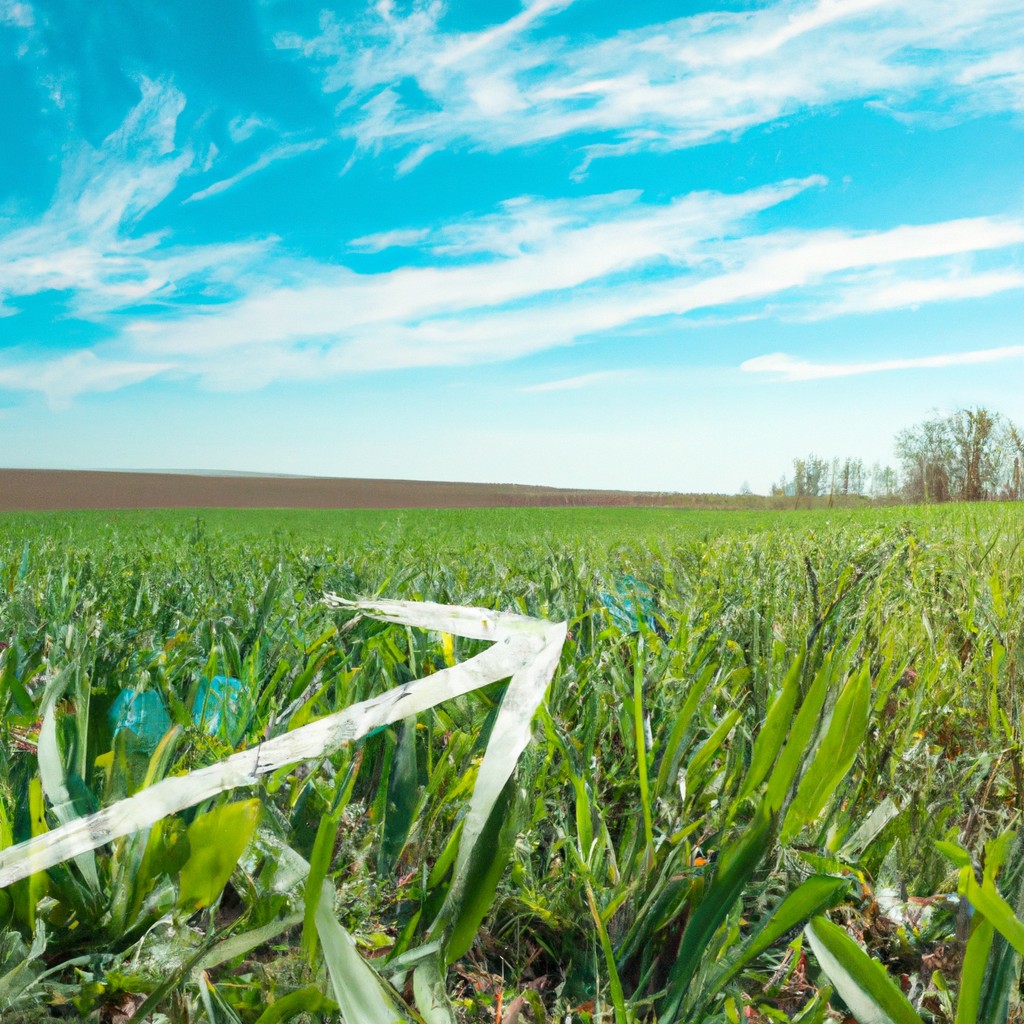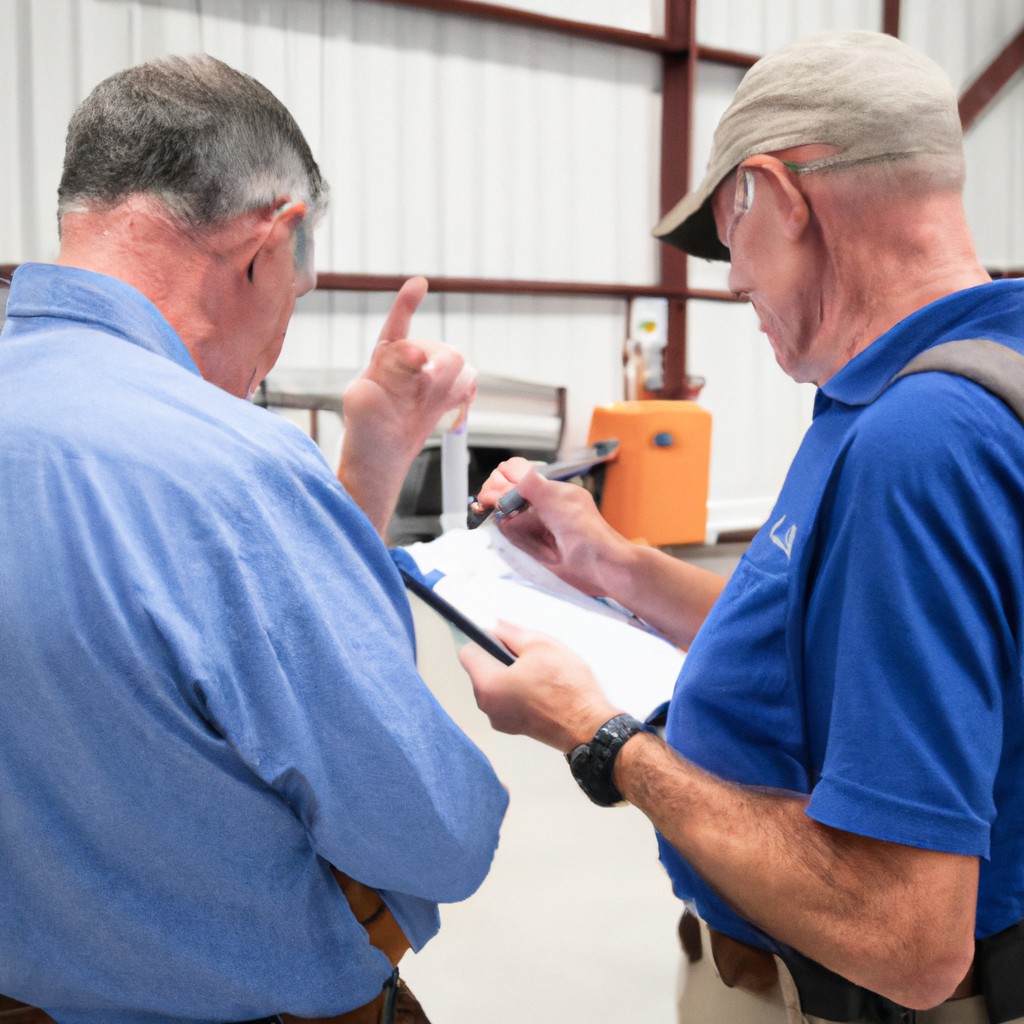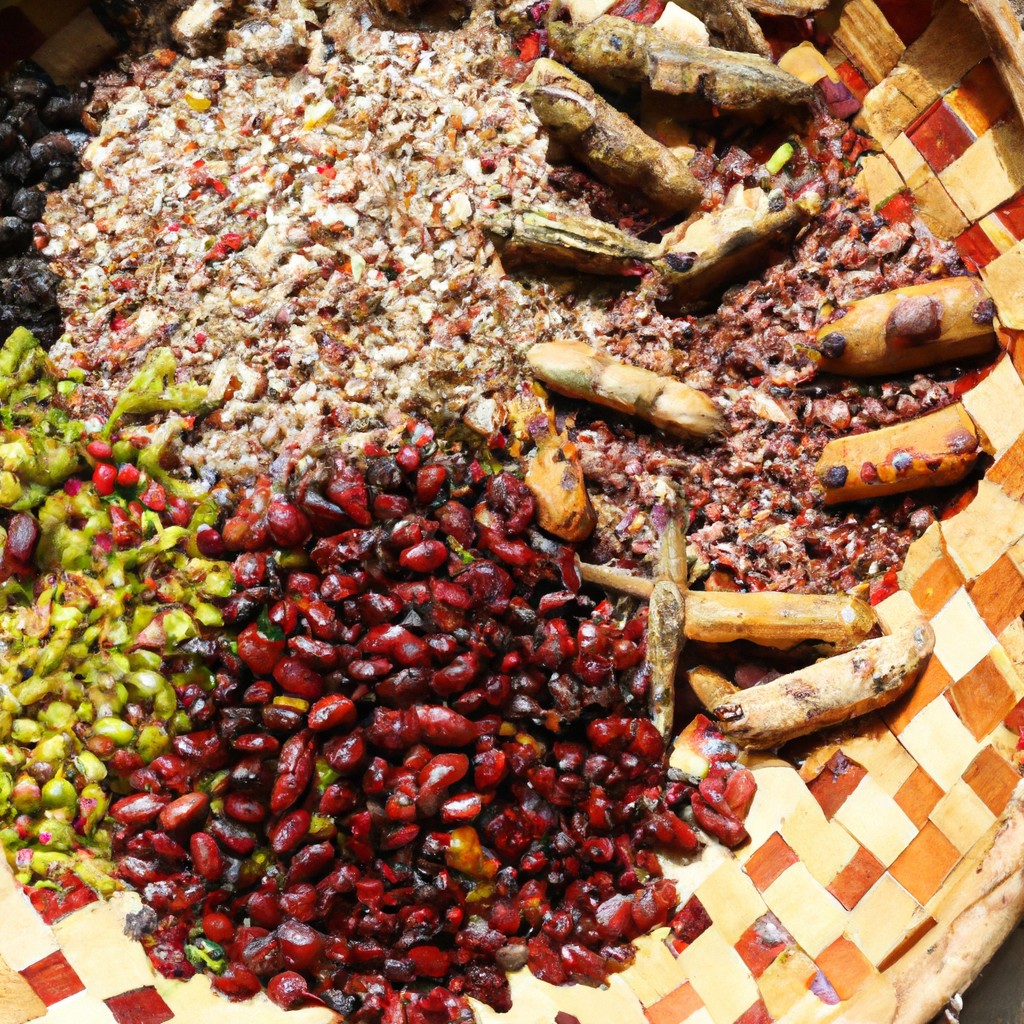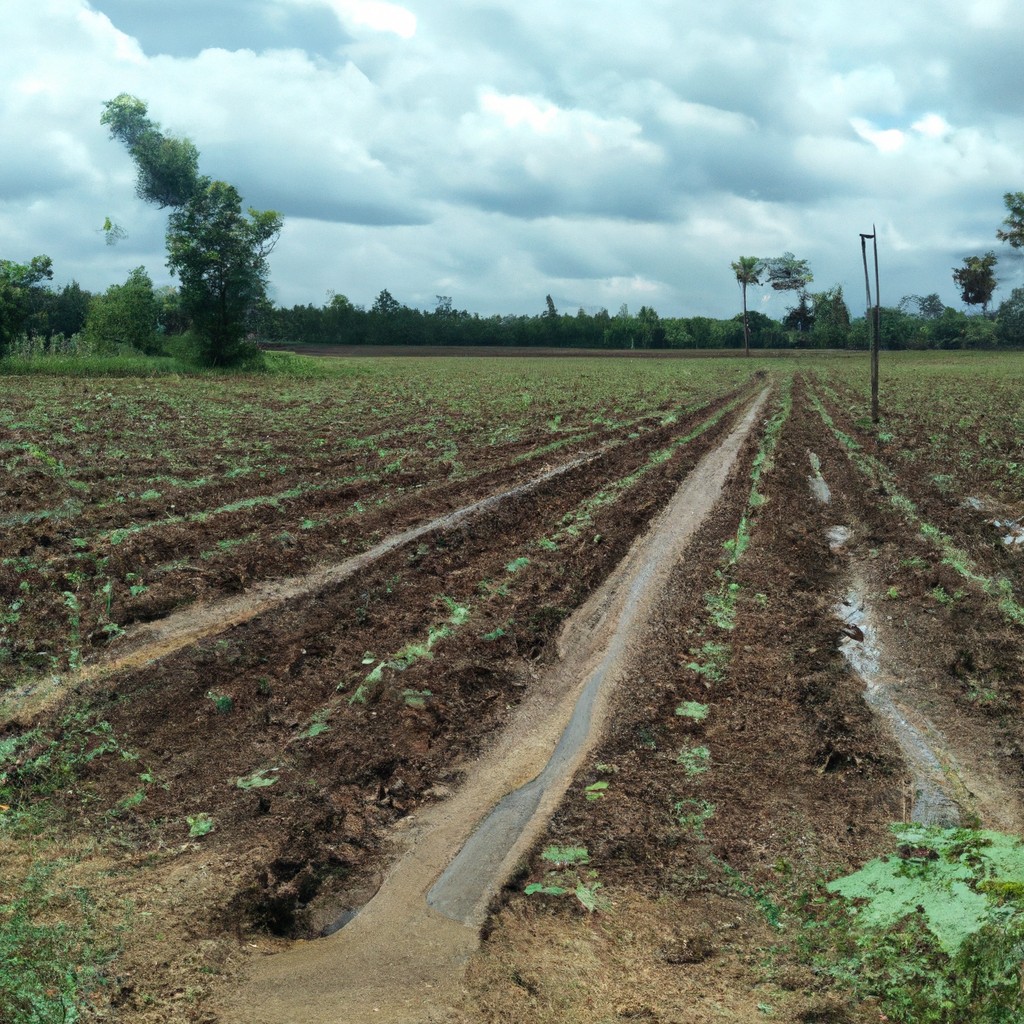Telus Agriculture leverages technology to make farming more efficient and sustainable; this article explains how they achieve this.
Look Inside:
Overview of TELUS Agriculture
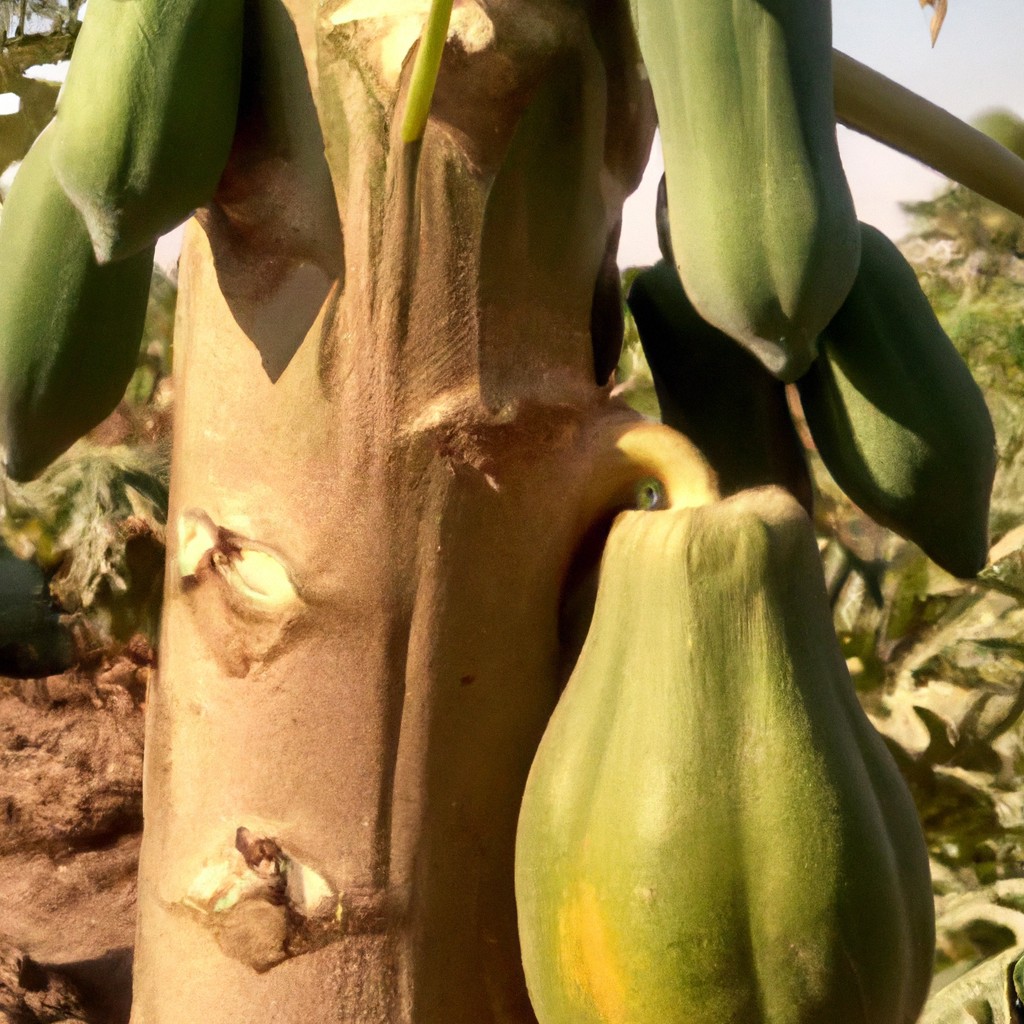
TELUS Agriculture leverages advanced technology to improve farm productivity and food distribution. By using data-driven solutions, it assists in optimizing resource utilization, enhancing crop yield, and facilitating effective management of agricultural operations. The program also focuses on tying together disparate parts of the food value chain, from producers to distributors, ensuring a more interconnected industry. Through its innovative tools, TELUS Agriculture empowers farmers and businesses to make informed decisions, improving economic outcomes and sustainability practices across the sector.
Integration and Internet of Things (IoT) in Agriculture
The Internet of Things (IoT) has transformed agricultural practices by enabling real-time data collection and analysis. This technology equips farmers with sensors and devices that monitor various environmental and machinery metrics, leading to more informed decision-making.
Here’s how IoT aids in integration within agriculture:
– **Data-Driven Decisions:** Sensors installed in fields measure conditions like soil moisture, temperature, and crop health. This information helps optimize watering schedules, detect pests or diseases early, and apply fertilizers more effectively.
– **Automated Operations:** IoT devices control irrigation systems, drones, and autonomous tractors. Integration of these technologies streamlines operations and reduces the need for manual labor, allowing for more precise agriculture practices.
– **Resource Efficiency:** By monitoring real-time conditions, IoT enables optimal use of water, fertilizers, and pesticides, reducing waste and environmental impact. This also helps in lowering operational costs.
The use of IoT not only cuts down on unnecessary expenses but also boosts overall farm productivity. This technological integration is pivotal for modern agriculture, ensuring sustainability and efficiency.
Production Management and Collaboration Techniques
TELUS Agriculture leverages advanced technologies to enhance production management. By using real-time data analytics, farmers can monitor crop health and soil conditions, leading to informed decision-making and optimized yields.
Collaboration tools connect different parts of the agricultural value chain. For example, platforms facilitate communication between growers, suppliers, and distributors, ensuring seamless operation and timely delivery of farm products.
Artificial intelligence and machine learning algorithms predict market trends, helping stakeholders make strategic decisions about planting and harvesting. This technology also assists in resource allocation, such as water and fertilizer, maximizing efficiency while minimizing waste.
Overall, these techniques foster a more productive, sustainable agricultural practice, adapting swiftly to both environmental and economic challenges.
Supply Chain, Traceability, and Sustainability Initiatives
TELUS Agriculture optimizes the supply chain from farm to table. By enhancing visibility, stakeholders can monitor and manage the flow of products, ensuring authenticity and compliance with safety standards. This traceability is pivotal not just for quality, but for consumer trust as well.
The integration of such technologies also facilitates a more sustainable practice. By effectively tracking resource use, farmers can minimize waste and reduce their environmental footprint. This strategic approach helps in promoting greener agricultural methodologies that are both efficient and responsible.
In essence, these initiatives foster a transparent, efficient, and sustainable agricultural industry. Through smart technology, the journey of agricultural products is made visible and verifiable, promoting trust and sustainability from soil to supper.
Future Prospects of TELUS Agriculture
As technology advances, TELUS Agriculture is poised to revolutionize farming practices. This company’s focus on cutting-edge solutions promises enhanced efficiency for farmers worldwide.
Harnessing data analytics and machine learning, the platform will offer predictive insights. These tools will enable farmers to make proactive decisions, improving crop yields and reducing waste.
Additionally, IoT’s expanding role will connect various farm operations, offering seamless monitoring and management from seed to harvest.
Collaborations with tech innovators and agricultural experts will continue to elevate the standards of agri-food solutions, ensuring relevant, adaptable, and effective agricultural practices.
The prospect of integrating more sustainable practices and reducing environmental impact remains a priority. TELUS Agriculture aims to support the global shift towards sustainable food production by providing tools that foster environmentally friendly farming techniques.
